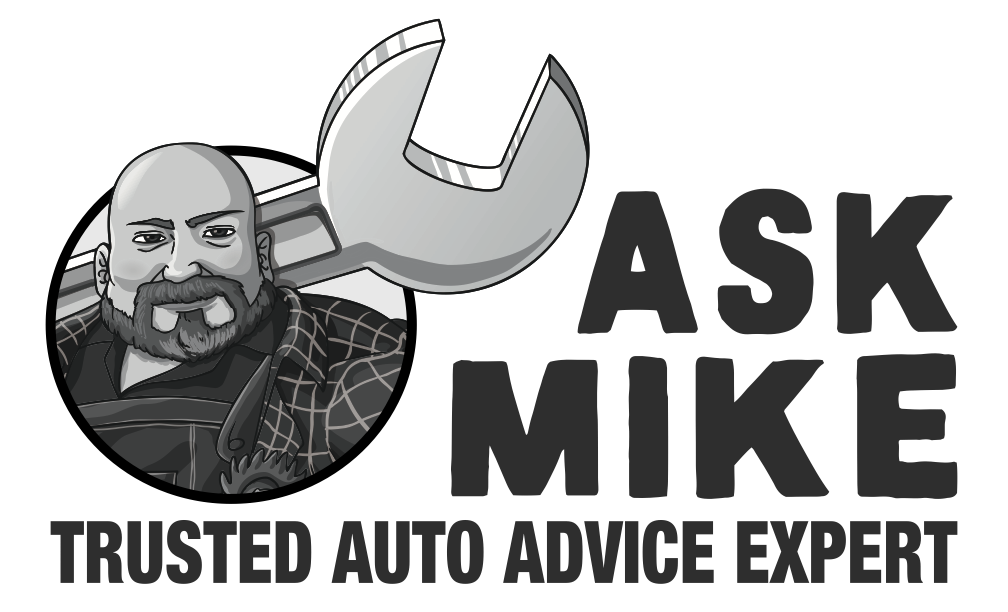Dear Mike,
I’ve been struggling to make ends meet lately, and I’ve noticed that my car’s fuel consumption is pretty high. I really want to save money on gas and improve my vehicle’s fuel mileage. What can I do to squeeze the most out of every tank of gas?
Thanks,
Lysandra
Dear Lysandra,
I’m sorry to hear you’ve been struggling financially, but I’m glad you’ve come to me for some advice on how to save money on gas and improve your vehicle’s fuel mileage. As the founder of Urban Automotive, the top-rated auto repair shop in Oakville, Ontario Canada, I’ve seen firsthand the impact that poor driving habits and vehicle maintenance can have on fuel consumption.
Firstly, I’d like to commend you for wanting to improve your vehicle’s fuel mileage. Not only will this save you money, but it’s also better for the environment. Now, let’s get into some tips for saving money on gas.
Number one, go easy on the pedal. Did you know that speeding, braking, and rapid acceleration can waste gas? Depending on the type of vehicle, poor driving habits can negatively affect fuel economy between 15 and 30%. So, take it easy on the gas pedal, and slow down when you’re driving.
Speaking of slowing down, gas mileage efficiency tends to decrease above 80 km/h. While every vehicle has its own optimal speed for fuel efficiency, speeding can result in a 7% to 14% reduction in fuel economy. So, when you’re on the highway, ease off the gas a bit and enjoy the scenery.
Next, leave extras at home. An additional 100 pounds in your car can reduce gas mileage by 1%. The reduction is relative to the vehicle’s weight – smaller vehicles are more affected by increased weight than larger ones – so for every 100 pounds of extra weight, plan on spending up to six cents more per litre. So, do yourself a favour and leave those bags of rocks at home.
Using your cruise control under appropriate conditions can improve fuel economy by up to 14%. So, turn on that cruise control and sit back, relax, and enjoy the ride.
Now, let’s talk about idling. Idling gets 0 L per kilometre and collectively consumes as much as 4 L of gas each hour. Turning the car off saves about three cents per minute. So, why waste gas while you’re sitting in traffic or waiting for a train to pass? Shut off that car and save some money.
Checking your tire pressure is also important. If your vehicle has a properly working tire pressure monitoring system, this one’s an easy one. If your vehicle is not equipped with tire pressure monitoring, you need to be aware that tires can lose about two pounds per square inch per month. Each tire that is underinflated by 10 psi reduces fuel economy by about 3.3%. Four tires underinflated by 10 psi would produce a vehicle’s fuel economy a substantial 10%. So, make sure your tires are properly inflated and follow the guidelines in your vehicle’s owner manual. But don’t over-inflate your tires – that can be just as bad for fuel economy and as uncomfortable for your ride.
It’s also crucial to follow your vehicle maintenance schedule. Replacing your engine air filter if obstructed can improve fuel economy greatly. A plugged fuel filter can offset your mileage by up to 5%. And speaking of maintenance, replacing your spark plugs is also important. A properly tuned engine is an efficient engine. If the spark plugs in your vehicle are misfiring or are badly fouled with carbon, your fuel economy can be decreased by up to 30%.
Finally, have your alignment checked. Misaligned tires drag instead of rolling freely. In proper alignment can reduce fuel efficiency by as much as 10%. In addition, an improperly aligned vehicle will cause your tires to wear out more quickly.
And last but not least, fill your tank in the early morning or late at night. Fuel is dispensed by volume. If you fill your tank when it’s coolest outside and avoid the heat of the day, the fuel will be denser. As a result, you will get more gas for the same amount of money.
Reducing the amount of driving you do is also effective. Carpooling or not going on unnecessary trips is perhaps the most effective way to decrease the amount of gas that you use and makes the philips at the gas station last longer.
In conclusion, following your vehicle’s maintenance schedule is arguably the most important thing you can do to improve your vehicle’s fuel mileage. But by incorporating some of these tips into your daily driving routine, you’ll be squeezing the most out of every tank of gas and saving some money in the process.
Stay safe on the road, Lysandra.
Sincerely,
Mike Urban
